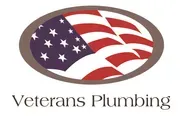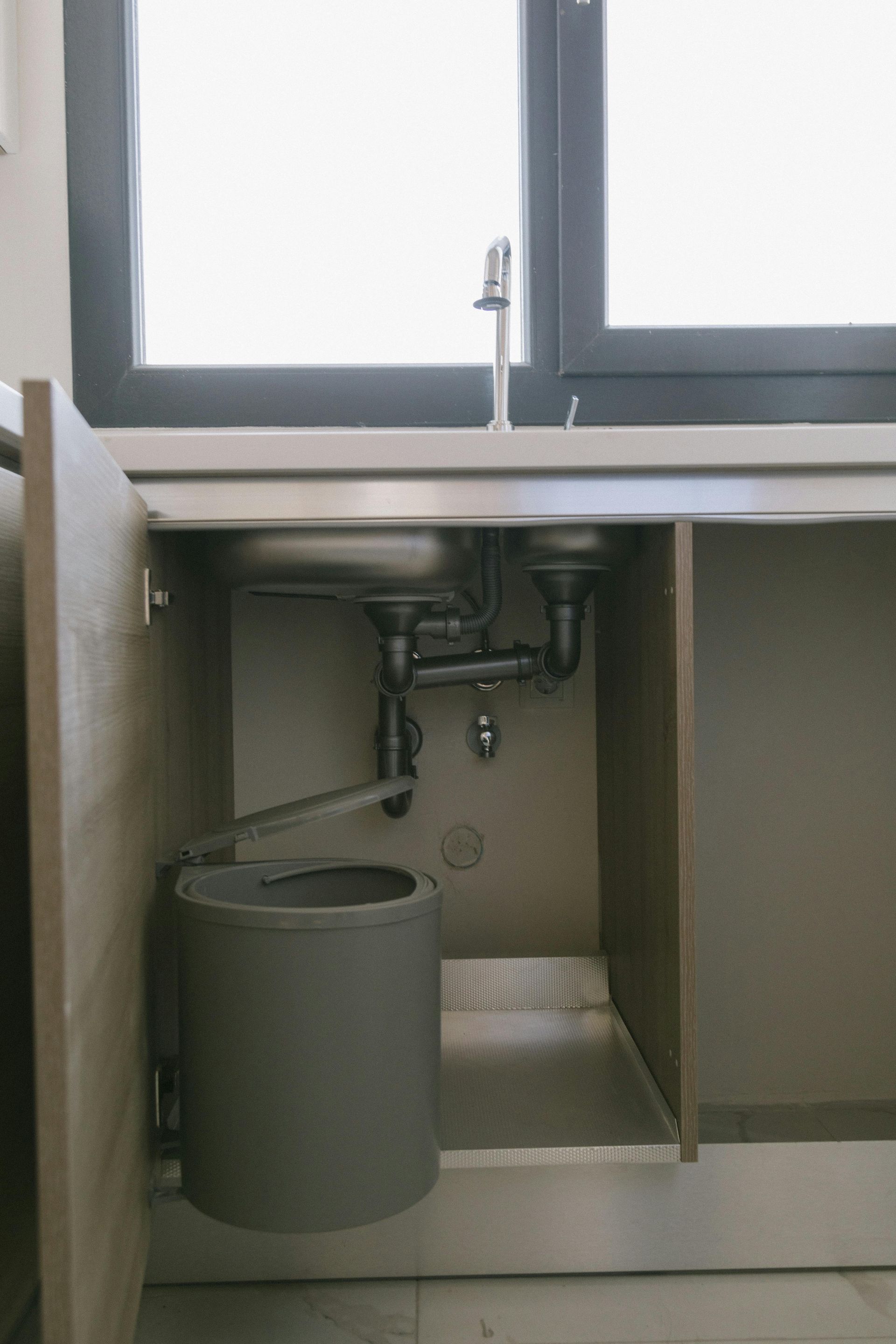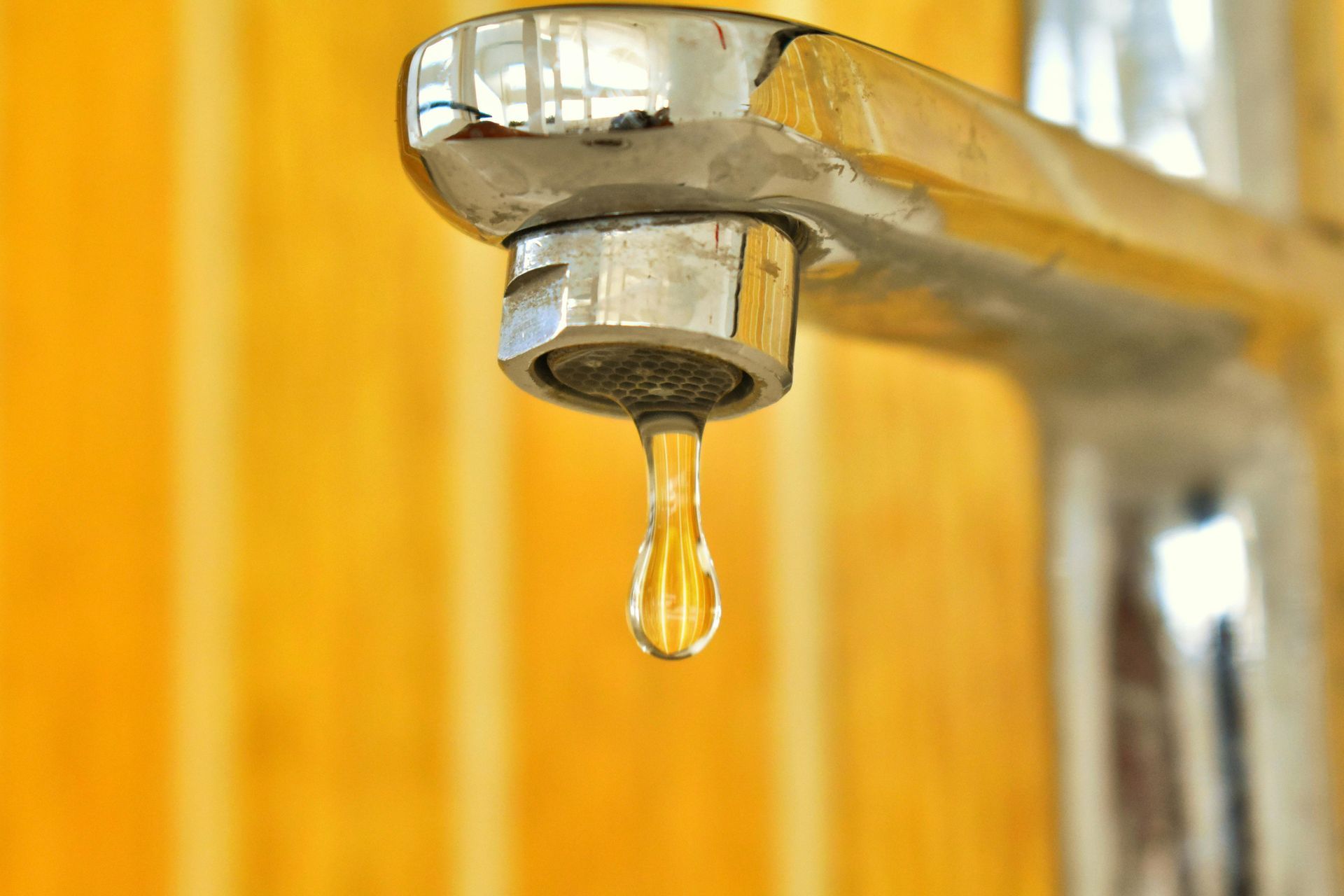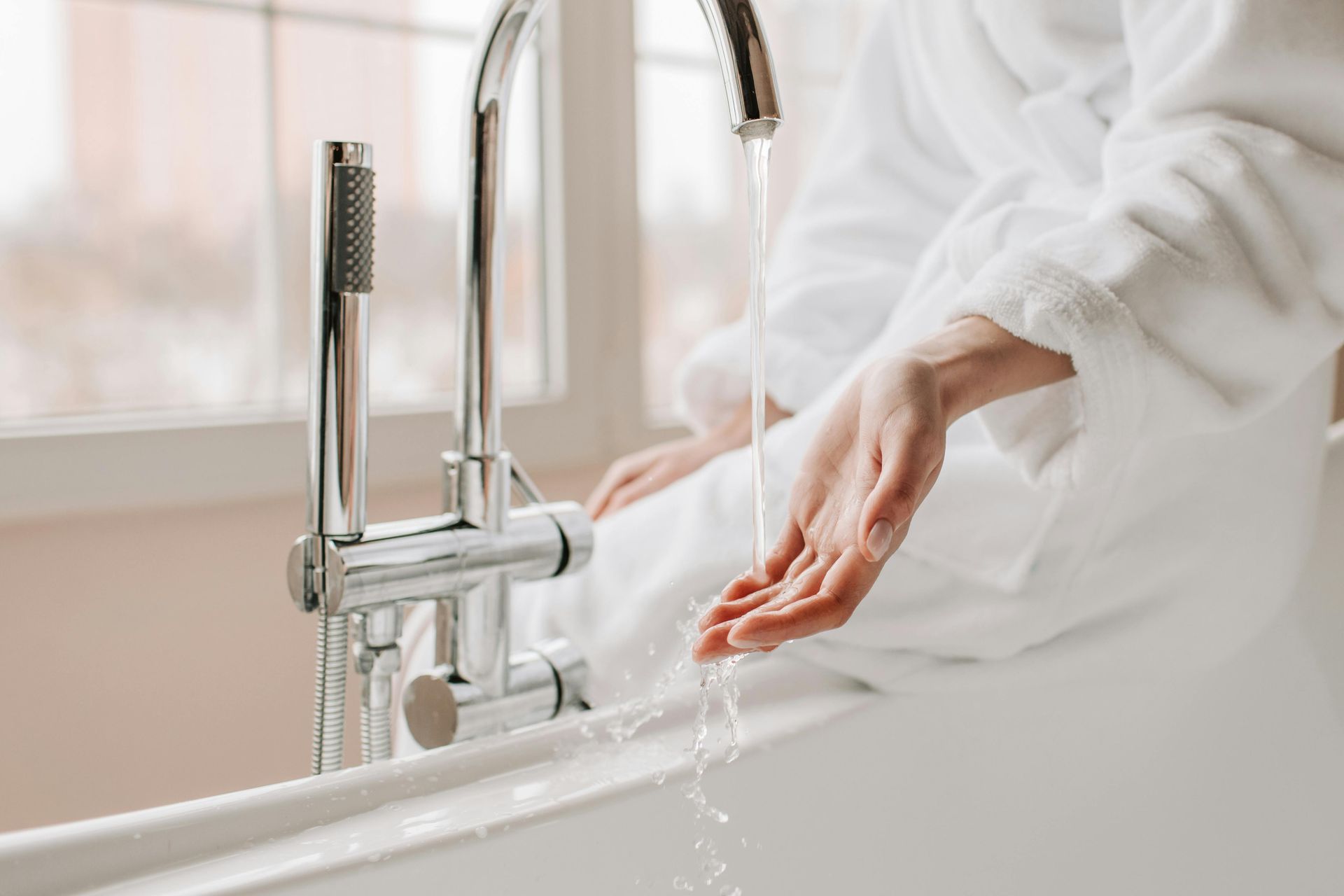Eco-Friendly Plumbing Solutions: Reducing Your Carbon Footprint
5 Plumbing Problems You Should Never Ignore And How to Spot Them Early
Plumbing problems rarely start big. They begin as little annoyances, a slow drain, a weak shower, a small drip and before you know it, you're dealing with water damage, high bills, or a full-blown emergency. The good news is that most major plumbing repairs can be prevented if you know what signs to look for early on. Here are five problems you should never ignore and how to spot them before they become costly.
Why Catching Plumbing Problems Early Matters
Think of your home’s plumbing like the body’s circulatory system. If something clogs, leaks, or slows down, everything else feels it. Small issues almost always lead to bigger repairs when they’re left alone. That’s why early detection saves you money, time, and stress.
Hard water also plays a major role in plumbing issues. Homes without water softeners are more likely to deal with buildup, corrosion, low pressure, and even water heater breakdowns. Installing the right water softener protects your pipes, fixtures, and appliances from long-term damage.
1. Low Water Pressure That Keeps Getting Worse
What Low Pressure Really Means
Low water pressure is more than an inconvenience. When the pressure drops, something inside your plumbing system is changing. Common causes include:
- Mineral buildup from hard water
- Corroded or aging pipes
- Hidden leaks inside your walls
- Clogged aerators
How to Spot It Early
You’ll usually feel low pressure in your shower first. It may start small, maybe just one fixture seems slow and then spread to other areas in your home. You might also notice your washing machine taking longer to fill or your kitchen faucet losing force.
How a Water Softener Helps
Hard water deposits are one of the biggest causes of low pressure. A water softener installation removes these minerals and keeps your pipes clean. This keeps your water pressure strong and protects your plumbing from long-term buildup.
2. Recurring Clogged Drains
Common Causes of Repeat Clogs
A clogged drain here and there is normal. But when clogs keep coming back, something bigger is going on. Frequent clogs usually happen because of:
- Buildup of hair, grease, or soap
- Hard water minerals sticking to the inside of pipes
- Tree roots growing into sewer lines
- Incorrect pipe slope or an old plumbing system
Early Warning Signs
Watch for:
- Water backing up in your sink or tub
- Gurgling noises coming from drains
- Standing water that drains slowly
- Needing to unclog the same drain again and again
These are signs that the clog is deeper than you think and possibly in your main sewer line.
DIY vs. Professional Help
You can try clearing small clogs with a plunger or drain snake. But chemical drain cleaners often do more harm than good because they eat away at your pipes.
If the problem keeps coming back, it’s time to call a licensed plumber. A professional can clear the entire line and solve the underlying problem instead of just treating the surface issue.
3. Water Heater Trouble and Lukewarm Water
What’s Happening Inside Your Water Heater
Water heaters work hard every single day, and hard water makes that job even tougher. Over time, sediment builds up at the bottom of the tank. This causes the heater to use more energy and fail faster.
Common issues include:
- Sediment buildup
- Failing heating element
- Rusted anode rod
- Pressure valve problems
Signs Your Water Heater Needs Help
These signs are easy to ignore but shouldn’t be:
- Water feels warm, not hot
- You run out of hot water faster than usual
- The water heater makes popping or rumbling sounds
- Rust-colored or cloudy water
- Water with a metal or sulfur-like smell
How Water Softeners Protect Your Water Heater
When you have hard water, your heater fills with sediment much faster. Installing water softeners reduces mineral buildup, extends the heater's lifespan, and helps it run more efficiently. Many homeowners notice better water pressure and lower energy bills after installing one.
4. Dripping Faucets or Running Toilets
Why These “Small” Leaks Matter
A dripping faucet doesn’t look like a big deal, but it adds up fast. A single leaking faucet can waste hundreds of gallons of water a month. A running toilet wastes even more and can double your water bill.
How to Spot the Warning Signs
Look for:
- A toilet that keeps cycling even when nobody used it
- A constant drip that gets worse over time
- A higher-than-normal water bill
- Dampness around the base of a toilet
The Damage They Cause
When leaks are ignored, the damage spreads. Moisture leads to mold growth, wood damage, and worn-out fixtures. What starts as a cheap repair can turn into a full bathroom rebuild if it's left too long.
5. Water Stains, Damp Spots, or Musty Smells
What These Signs Mean
If you notice discoloration, bubbling paint, or a musty smell, chances are there’s a leak behind your walls or under your floor. This is one of the most dangerous plumbing issues because it hides until the damage is serious.
Possible causes include:
- Slab leaks
- Bursting or cracked pipes
- Hard water weakening pipe joints
- Slow leaks that have been happening for months
Early Warning Signs
Keep an eye out for:
- Brown or yellow stains on ceilings
- Peeling paint or soft drywall
- Warm spots on floors (a sign of a slab leak)
- A musty odor that won’t go away
Why You Should Act Fast
Hidden leaks cause structural damage, mold growth, and health risks. They also lead to huge water bills. The earlier you call a plumber, the less the repair will cost.
How to Stay Ahead of Plumbing Problems
Install a Water Softener
Hard water is one of the biggest reasons plumbing systems fail early. A professional water softener installation can:
- Prevent mineral buildup in pipes
- Extend the life of your appliances
- Improve water pressure
- Reduce clogs
- Protect your water heater
This one upgrade saves homeowners thousands of dollars long-term.
Schedule Annual Plumbing Checkups
A yearly inspection helps catch problems before they turn into emergencies. Your plumber can check for leaks, pressure issues, buildup, and signs of corrosion.
Know the Age of Your Plumbing System
Older homes need more frequent checkups. If your pipes or water heater are approaching the end of their lifespan, it’s better to plan a replacement than wait for a breakdown.
When to Call a Professional Plumber
You should call a professional when:
- Problems keep returning
- You notice water damage or stains
- Water pressure drops suddenly
- You hear strange plumbing noises
- Your water bill spikes
- You smell mildew or mold
Waiting only makes repairs more expensive. A licensed plumber can diagnose the root problem, repair it safely, and help you prevent future damage.
Protect Your Home Before Problems Grow
Small plumbing problems never stay small. Catching them early is the key to saving money, protecting your home, and avoiding stress. Whether it’s weak pressure, clogs, leaks, or water heater issues, the best move is to act quickly.
If you need help diagnosing a problem or want to upgrade your home with a professional water softener installation, Veterans Plumbing Corp is here to help. Schedule your plumbing inspection, repair, or installation today and keep your home running smoothly.
Blog
Book a Service Today
For more info on water softeners, water heaters and tankless water heaters Idaho Residents need, contact us today.
